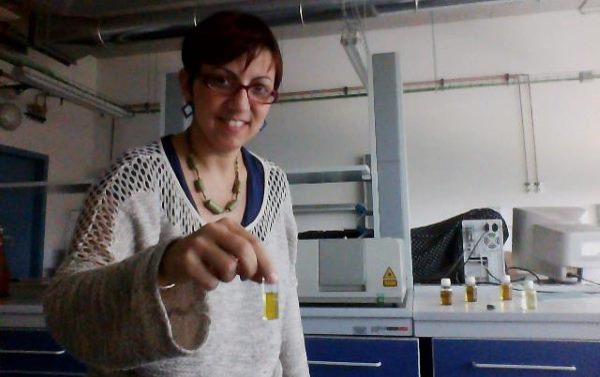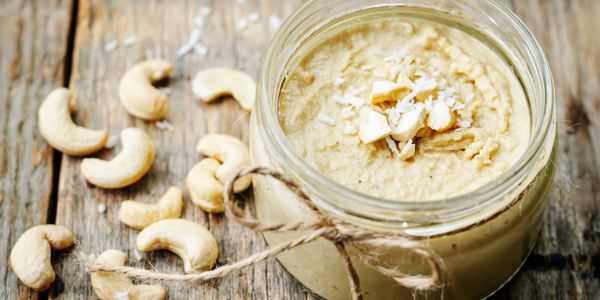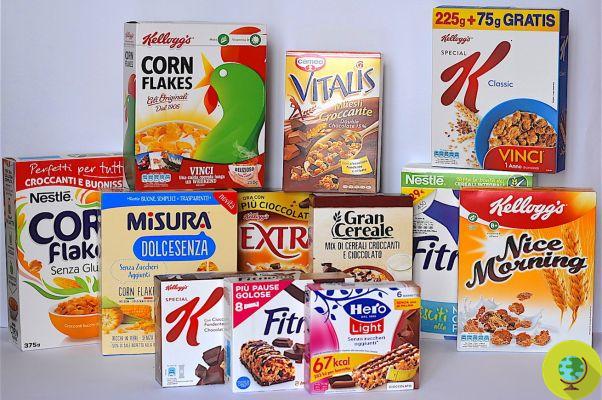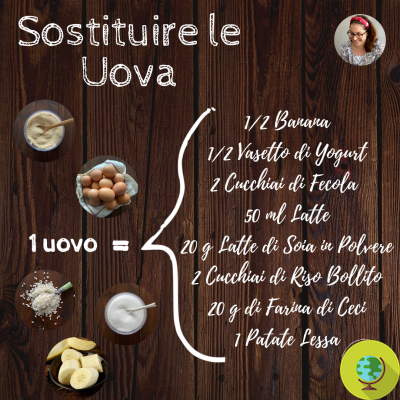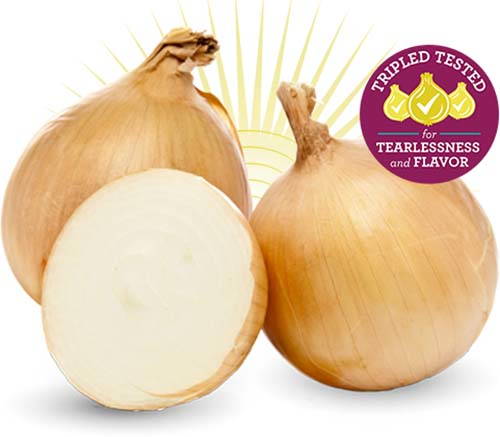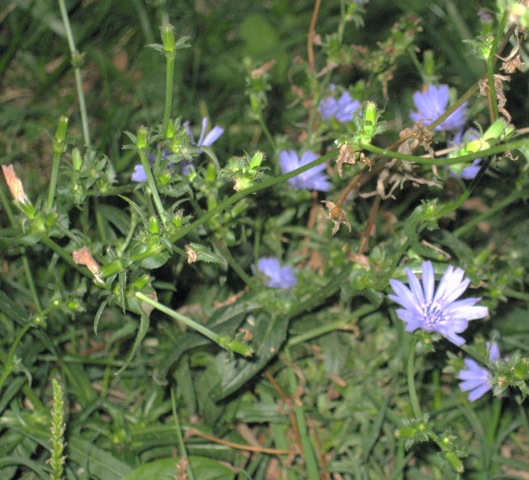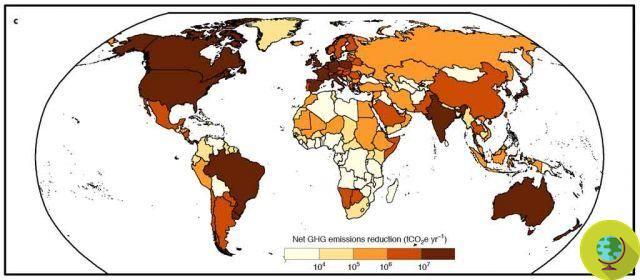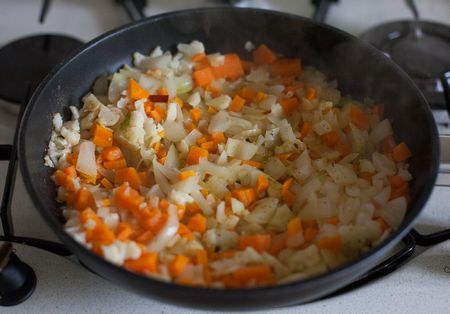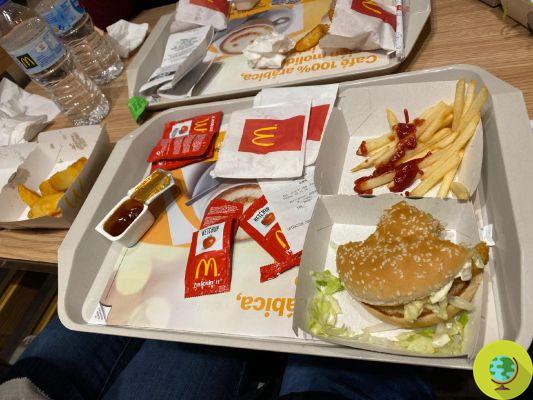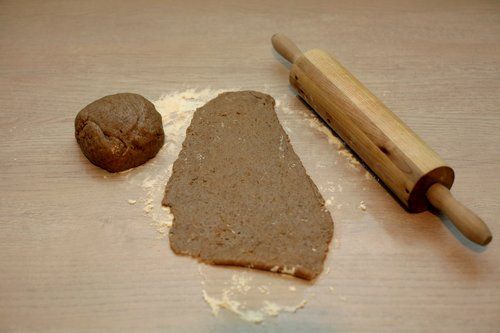That bar of chocolate that we enjoy as a snack costs thousands of hectares of African forest. Protected trees that are victims of deforestation to make way for the cocoa industry. But now the governments concerned are formulating new plans to save what can be saved.
Don't store avocado like this: it's dangerousThat chocolate bar that we enjoy as a snack costs thousands of hectares of African forest. Protected trees that are victims of deforestation to make way for the cocoa industry. But now the governments concerned are formulating new plans to save what can be saved.
We talked about it in September, taking up the complaint made by The Guardian, the British newspaper according to which the cocoa used by multinationals such as Mars, Mondelez and Nestlé is seriously endangering the rainforest of the Ivory Coast.
After the investigation related to the chocolate industry, the governments of Ghana and the Ivory Coast are now formulating plans to immediately stop further deforestation.
Alongside the complaints of the English newspaper there are also those of the environmental group Mighty Earth who published the Dark Secret Chocolate, a report that found that "a large amount of the cocoa used in chocolate produced by Mars, Nestle, Hershey, Mondelez and other chocolate companies was illegally grown."
According to environmentalists, Ivorian officials who were supposed to protect national parks and protected forests have accepted bribes to allow farmers to cut trees to make room for cocoa crops.
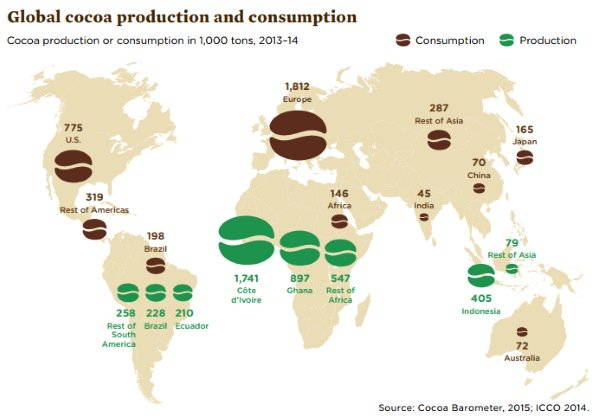
Cocoa then bought from brokers and sold to giants including Barry Callebaut and Cargill, companies that sell to Mars, Cadbury and Nestlé. But finally a crack opens.
Governments are already at work to sanction wrongdoers and punish corrupt officials. Not only that, there are sweeping checks to destroy all illegal plantations and replant trees in the rainforest.
"The action taken by governments is very promising but will only be successful if cocoa producers also take measures to combat illegal crops," Mighty Earth said.
"The great danger is that the cocoa industry acts against governments and does not give its own financial support," said Etelle Higonnet, lead author of the report.
Therefore, a formal commitment to use only certified and sustainable cocoa is not enough; Mars, Cadbury and Nestlé and all the other multinationals must contribute to the rehabilitation of the forest plans and take on the responsibility of reviving completely impoverished areas.
The governments plan is just that: to ensure that everyone takes responsibility for a piece of forest, especially since the decimation of trees contributes significantly to the occurrence of climate disasters.
To date, therefore, the intentions are there, but it is not clear who will pay to implement the Ivorian government's plan. Without forgetting that it will be necessary to act with respect for the populations who live in the surroundings and who, even if exploited, live thanks to the cocoa plantations.
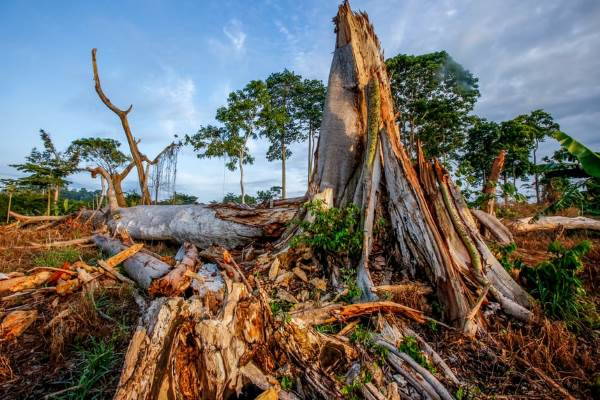
On the cocoa industry, you may be interested in:
- HOW ILLEGAL COCOA USED BY MULTINATIONALS IS DESTROYING THE FORESTS ON THE IVORY COAST
- 9 CHOCOLATE MULTINATIONALS THAT EXPLOIT CHILDREN AND TREAT THEM LIKE SLAVES
- BITTER CHOCOLATE WITH THE TASTE OF SLAVERY AND CHILD EXPLOITATION
On the one hand, therefore, there is the environmental issue, on the other the human one: it is necessary that we contribute to the rebirth of the forest, but that the right formula is found to ensure the inhabitants other forms of livelihood.
Dominella Trunfio
Gallery








